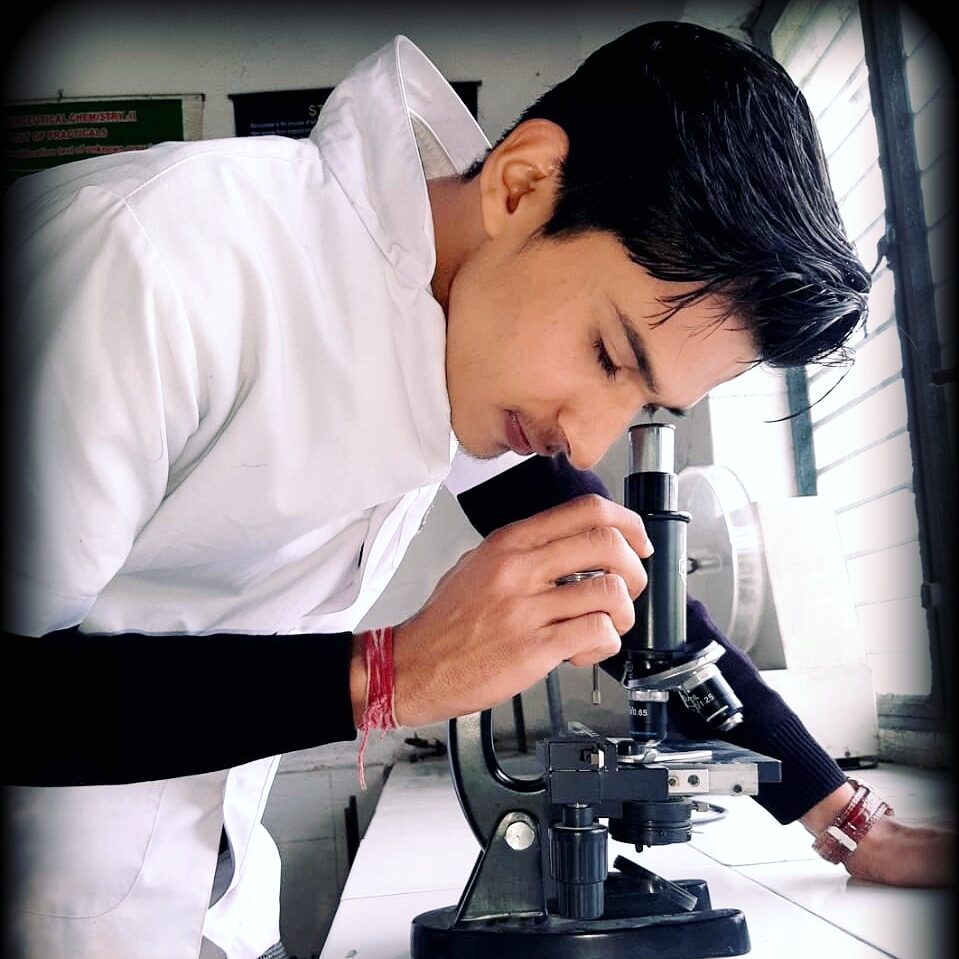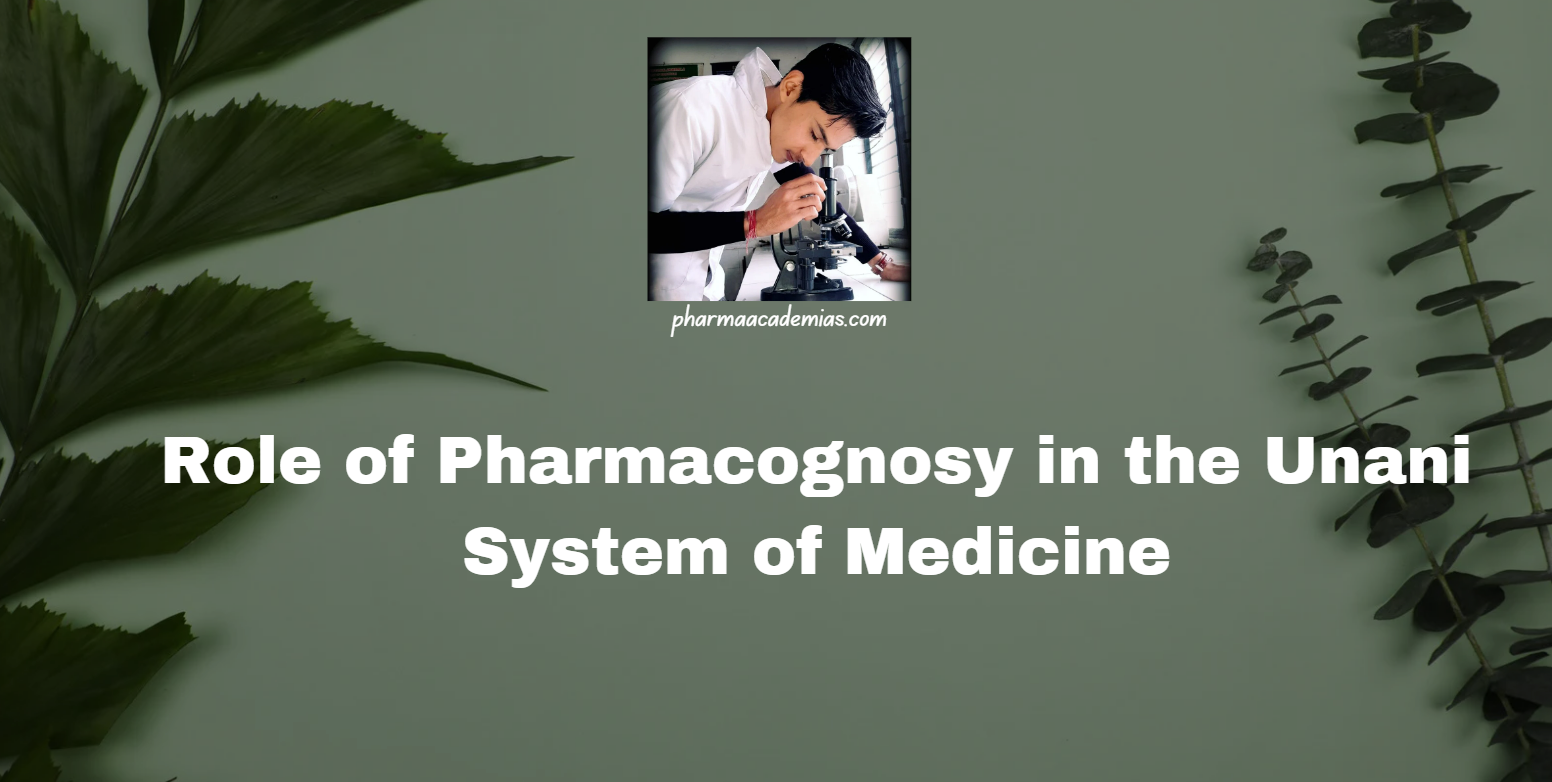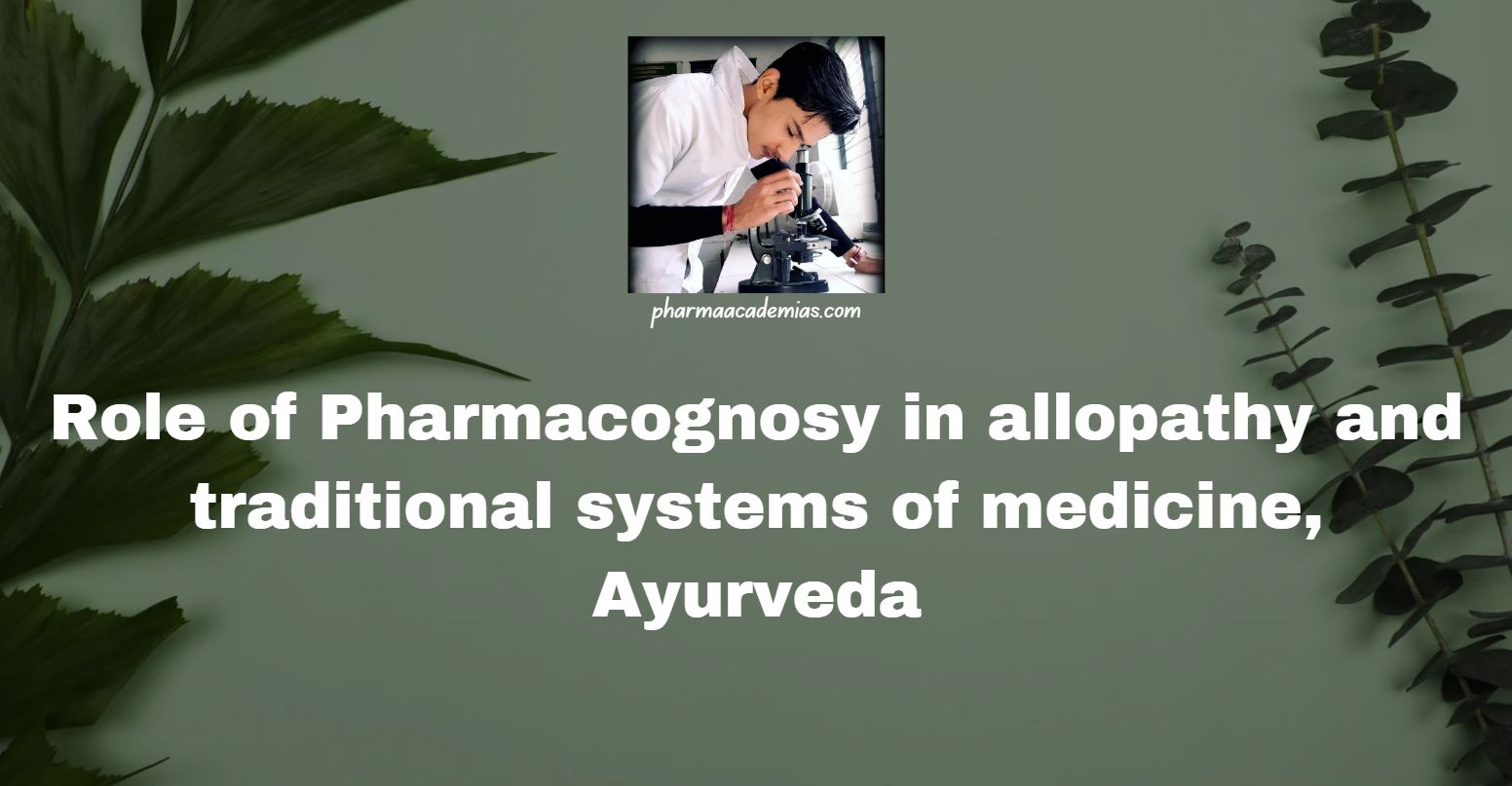Definition Flavonoids are a diverse group of polyphenolic compounds found in plants, characterized by a common structure consisting of two aromatic rings (A and B) joined by a three-carbon bridge that usually forms a closed pyran ring (C). They are widely recognized for their beneficial effects on health due to …
Glycosides: Definition, Classification, Properties, and Tests for Identification
Definition Glycosides are a group of organic compounds that yield one or more sugars upon hydrolysis. Structurally, a glycoside is composed of a sugar part, known as the glycone, and a non-sugar part, referred to as the aglycone or genin. These two parts are linked through a glycosidic bond, which …
Alkaloids: Definition, Classification, Properties, and Tests for Identification
Definition Alkaloids are a diverse group of naturally occurring organic compounds that primarily contain basic nitrogen atoms. They are typically derived from plant sources but can also be found in animals, fungi, and bacteria. Alkaloids often exhibit significant pharmacological activities, making them valuable in medicine and toxicology. Classification of Alkaloids …
Role of Pharmacognosy in the Chinese System of Medicine
Pharmacognosy, the study of medicinal drugs derived from plants and other natural sources, plays an essential role in Traditional Chinese Medicine (TCM). TCM is a holistic system of medicine that has been practiced for thousands of years and includes various therapies such as herbal medicine, acupuncture, and dietary therapy. Here’s …
Role of Pharmacognosy in the Homeopathic System of Medicine
Pharmacognosy, the study of medicinal drugs derived from plants and other natural sources, plays a significant role in the practice and development of homeopathy. Homeopathy is a system of alternative medicine based on the principle of “like cures like” (similia similibus curentur) and the use of highly diluted substances. Here’s …
Role of Pharmacognosy in the Siddha System of Medicine
The Siddha system of medicine, one of the oldest traditional medical systems originating in South India, relies extensively on natural substances, primarily herbs, minerals, and animal products, for healing. Pharmacognosy, the study of drugs derived from natural sources, plays a crucial role in the development, standardization, and validation of Siddha …
Role of Pharmacognosy in the Unani System of Medicine
Pharmacognosy, the study of medicinal drugs derived from plants and other natural sources, plays a pivotal role in the Unani system of medicine. Unani medicine, which has its origins in ancient Greek medicine and has been significantly influenced by Islamic scholars, relies heavily on natural remedies. Here’s a detailed exploration …
Role of Pharmacognosy in allopathy and traditional systems of medicine, Ayurveda
Pharmacognosy is the branch of knowledge concerned with medicinal drugs obtained from plants or other natural sources. It plays a crucial role in both allopathic and traditional systems of medicine, including Ayurveda. Here’s a detailed exploration of its role in these medical systems: Role of Pharmacognosy in Allopathy 1. Drug …









